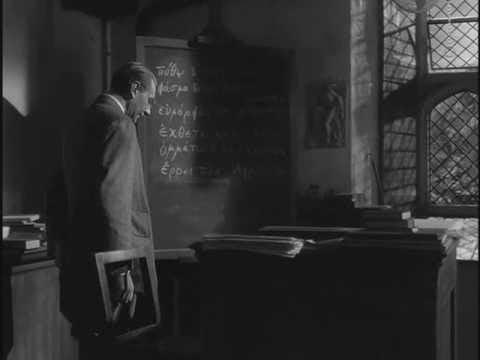One of the things I’ve noticed about black and white movies is that the very limitation requires the actors and the director to do some important things to seize the audience’s attention. Namely, they must focus on the most expressive things we know of, the most beautiful, the homeliest, the gentlest, the cruelest, the most innocent, the most dee…
Keep reading with a 7-day free trial
Subscribe to Word & Song by Anthony Esolen to keep reading this post and get 7 days of free access to the full post archives.



